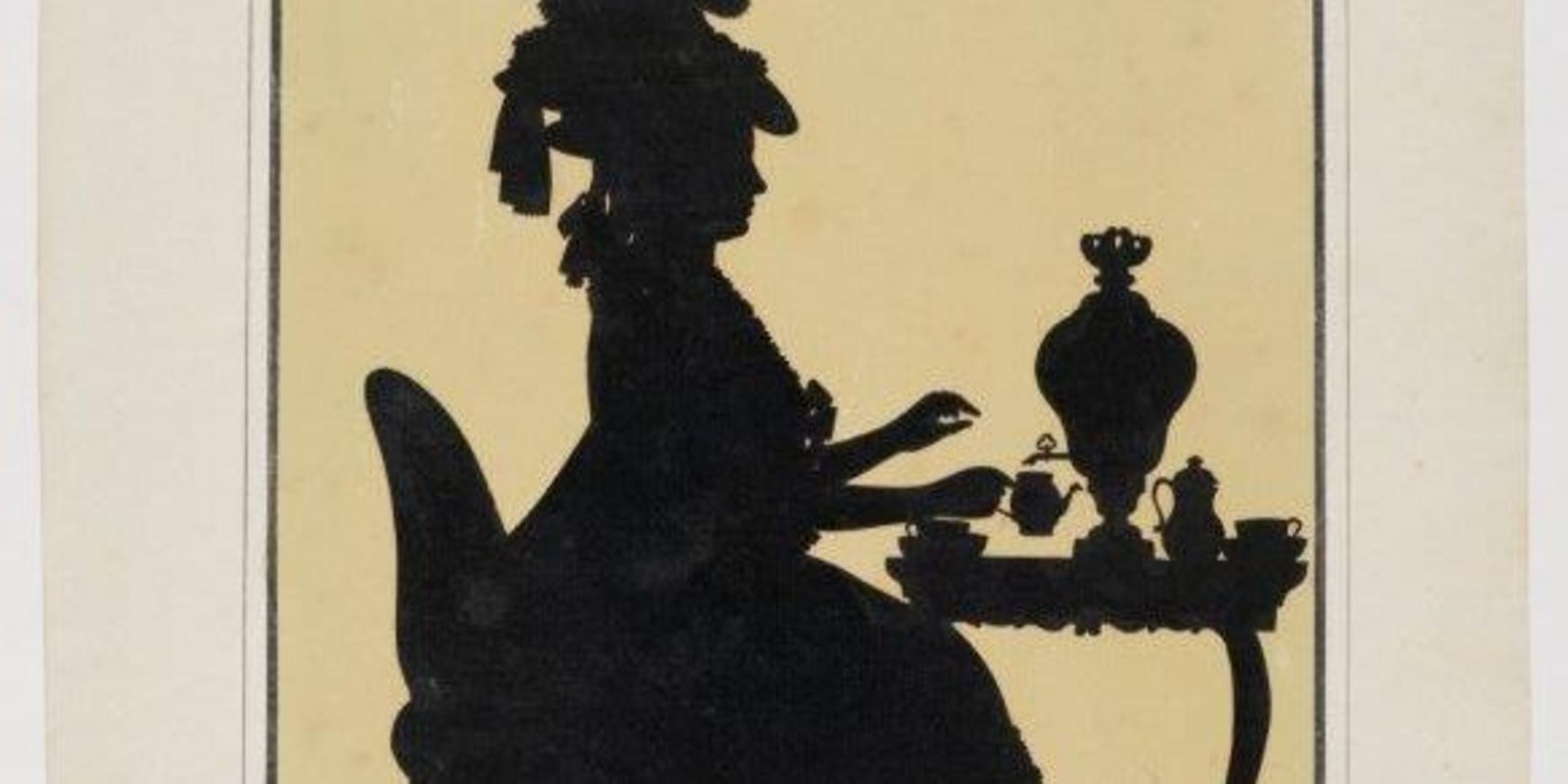Projects of the Klassik Stiftung Weimar are funded by the European Regional Development Fund (ERDF) and the Free State of Thuringia, represented by the State Chancellery of Thuringia, Department of Culture and the Arts.


Exhibition at Belvedere Castle and the Kirms-Krackow-Haus.
A joint project by the Klassik Stiftung Weimar, the city of Weimar and the Thuringian Foundation of Castles and Gardens.
No doubt the most famous cup of tea in Weimar was served on 20 October 1806. Johanna Schopenhauer was sitting at her tea table with the newly wedded Christiane von Goethe, when, pouring her a cup, she quipped: “If Goethe can give her his name, then we can certainly give her a cup of tea.” By that time, the exotic beverage from China had been known in Weimar for over 70 years where it had initially enjoyed great popularity at court, as evidenced by the ducal porcelain collection on display at Belvedere Castle. By the 1780s the hot beverage had become popular among Weimar’s middle class, as well. Thanks in part to Goethe, tea played an integral role in social events marked by a freer, more relaxed form of conviviality between aristocrats and the middle class, and men and women alike. The tea socials in Weimar in the 1790s were characterised by casual interaction and highly engaging conversation. Instead of material representation, these events were more about showing off one’s intellectual talents, stimulated by tea of impeccable quality at best. Around 1800, meeting for tea became synonymous with every kind of social activity. For the first time, the Klassik Stiftung Weimar presents an exhibition highlighting the typical tea socials of Weimar – from family teas to game teas, from dance teas to theatre teas. The exhibition also presents the indispensable utensils of historical tea socials, such as the tea machine, tea service and tea warmer.
Adults
7.00 €
Reduced
5.00 €
Pupils (16-20 years)
3.00 €
Combo ticket - tea culture
9.00 €
Free entry
plus museum admission
Organizers